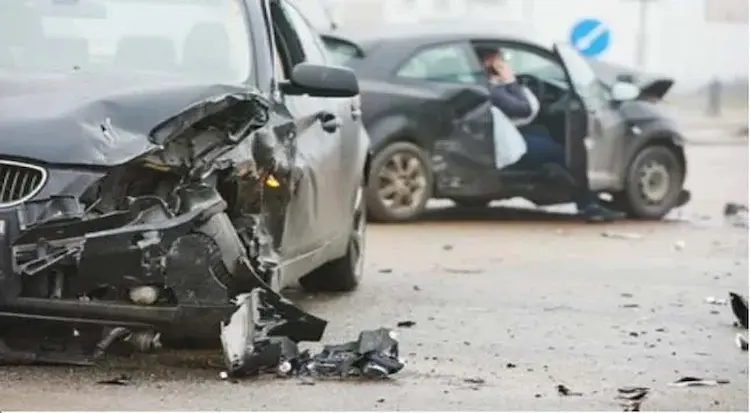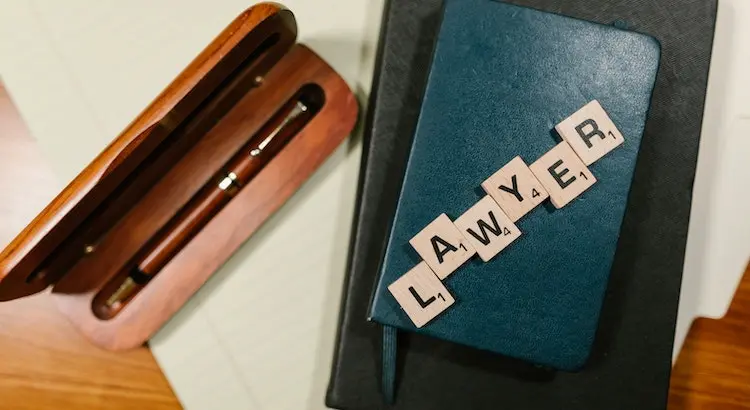The moments following a car accident can be a blur of emotions, injuries, and confusion. Amidst the chaos, it’s crucial to remember that the steps you take immediately after can significantly impact your ability to recover damages and navigate the legal aftermath successfully.
This guide provides a comprehensive overview of what to do after a car accident, focusing on the legal aspects. Whether you’re dealing with minor injuries or facing a more severe situation, understanding your rights and obligations can make a substantial difference in the outcome of your case.
For those in New York facing disabilities after an accident, consulting a New York disability lawyer can be a crucial step in securing the support and compensation you need.

The Importance of Immediate Action
In the first frenzied moments following a vehicular collision, protecting everyone’s wellbeing and seeking prompt medical care for any wounds takes precedence. Yet as the chaos starts to clear, considering the accident’s lawful implications grows increasingly important. The choices one makes and steps one takes can prime an incident for simple resolution or cultivate complications later on.
While injuries demand the initial focus, calmly gathering information and cautiously reflecting on the next steps aids a cooperative process. With care and prudence, resolution need not devolve into dispute.
Understanding Your Legal Obligations and Rights
While every car accident necessitates certain standard procedures, the exact guidelines regarding reporting and documentation may differ depending on location.
For instance, minor collisions might only demand exchanging contact and insurance details privately, but severe crashes uniformly require notifying the police. Moreover, jurisdictions can have unique stipulations surrounding deadlines for informing insurers and preserving evidence. Therefore, taking the time to learn the particular statutes in your region proves prudent.
An accident’s aftermath brings stress, so keeping informed lets you properly handle your duties despite any confusion or strong emotions. Overall, cooperation, open communication, and following applicable protocols help assure a fair resolution for all involved.
It is also essential to comprehend what you are permitted to legally. Based on the specifics of the mishap, you may be qualified for reimbursement for harm, clinical costs, lost wages, and enduring agony. In certain circumstances, if the other gathering unmistakably caused the accident, their protection supplier may propose an arrangement. While it very well may be enticing to acknowledge and progress, it’s vital to think about whether the offer appropriately covers your misfortunes and future needs. This is the point at which lawful exhortation ends up being invaluable.
Also Read: 9 Different Types of Lawyers for Small Businesses
Understanding your lawful privileges is essential on the off chance that you endure wounds or misfortunes because of someone else’s carelessness or oversight. On the off chance that the other social event was at deficiency and their protection organization reaches you with a proposed settlement, don’t acknowledge right away without counsel from an attorney.
An expert legal counselor can audit subtleties of the accident and your wounds to decide whether the settlement sum would genuinely address your recuperating costs and different losses. They can clarify your privileges and help guarantee you are appropriately paid for all parts of your case. While settling may appear like a simple way out, ensuring your future needs are met is significant. This is the reason lawful counsel is so important.

Seeking Legal Advice
Seeking counsel from a lawyer is one of the key things to do after a car accident. A legal professional who has handled similar cases in the past can provide valuable guidance. They can explain your legal options and assess any settlement proposals made by insurance providers. Speaking with an attorney allows them to determine the optimal path forward. Bringing in a lawyer means they can communicate with insurance companies on your behalf.
If an agreement can’t be reached, they are prepared to argue for your rights in court. Letting an experienced advocate manage negotiations and legal processes provides a higher probability of fair payment for damages and injuries. It also considerably lessens the strain on you during an undoubtedly tricky period as you recover.
The Role of Evidence in Your Case
You are providing thorough substantiation necessitates documentation. Compelling substantiation incorporates visual records of the scene of the incident, declarations from those who observed the occurrence, medical reports, and papers demonstrating any costs caused by the incident.
The more complete your substantiation, the more compelling your case will be. It is also worthwhile recognizing that the safeguarding of documentation is critical; particulars that may seem unimportant at the moment can be verified to be conclusive later on.
Conclusion
Navigating the legal aftermath of a car accident can be daunting, especially when dealing with injuries, emotional trauma, and financial burdens. However, understanding your obligations and rights, seeking immediate legal advice, and meticulously gathering evidence can significantly improve your chances of a favorable outcome.
Remember, you don’t have to go through this process alone. Consulting with a specialized attorney can provide the support, guidance, and representation you need to navigate these challenging waters successfully. Taking the proper steps after an accident can help you recover the compensation you deserve and ensure that justice is served.